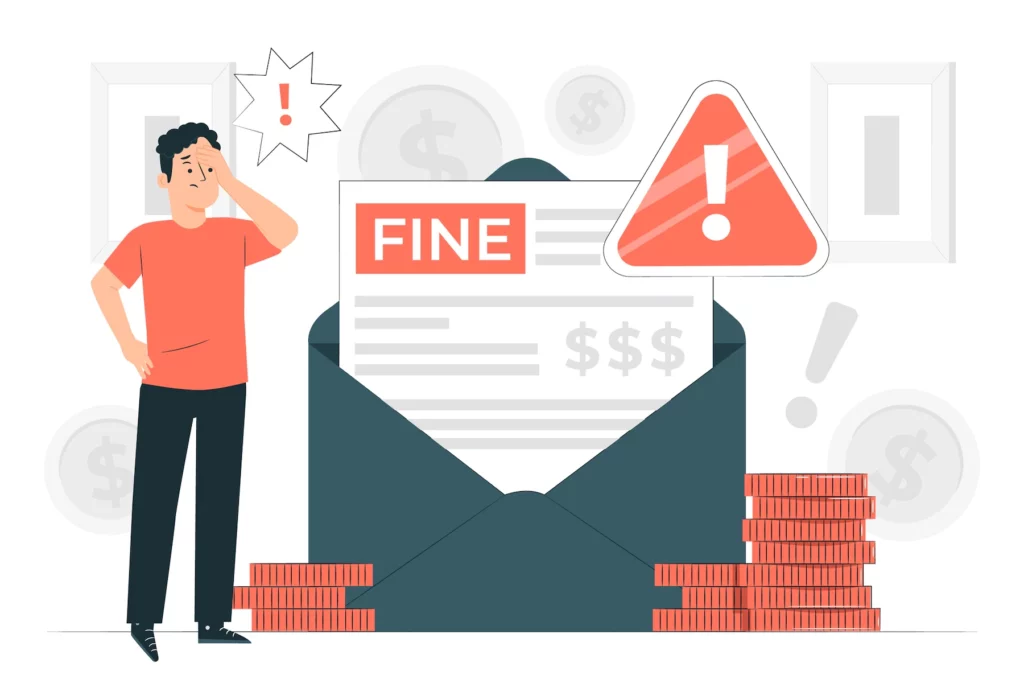Insider trading refers to the act of trading a company’s securities (e.g. shares, bonds, stock options, etc.) using secret or unpublished price-sensitive information (UPSI). Such UPSI typically relates to decisions made by the company’s board of directors but is not yet public knowledge. The SEBI (Prohibition of Insider Trading) Regulations, 2015, govern insider trading in India.
Let’s understand more about insider trades, who is considered an insider, insider trading regulations, and insider trading penalties.
What is insider trading in stock markets?

Insider trading is the act of buying or selling a publicly listed corporation’s financial securities while possessing pertinent material information that has not yet become public knowledge. Any information that could significantly impact an investor’s choice to buy or sell a security is considered to be material information.
The two types of insider trading are: legal and illegal.
Trading securities using price-sensitive information which is not made public is known as illegal insider trading. On the other hand, insiders who trade business securities legally must notify regulators like SEBI of such transactions. Note that illegal insider trades are based on private information, but legal insider trades are not.
Illegal insider trades that are based on non-public information are seen as a way to move money from investors who don’t know as much (outsiders) to investors who do (insiders).
Taking advantage of information (before other market participants) provides the insider with an unfair advantage.
Insider Trading – Main Highlights
- Information that is not accessible to the public is considered non-public information.
- Insider trading refers to the act of buying or selling the securities of a publicly traded corporation by individuals who have access to non-public information.
- Insider trading is acceptable when employees of a company trade company shares as long as they promptly notify the SEBI of their transactions.
Who is an insider?
If a person has a connection to a company that gives them access to information that is not public, that person is said to be an insider. Under the SEBI Insider Trading Regulation, an insider is any person who is connected or has access to UPSI. In this context, a connected person is any individual who has had a direct or indirect relationship with the relevant firm in the six months before the relevant act or event.
An insider may be defined in various ways. Some may adhere to a strict definition and only classify those individuals who work for the firm and have direct access to the knowledge; on the other hand, some may classify insiders as those individuals who are related to company officials.
Sometimes, those outside the firm may use insider knowledge to pursue financial gain. When this occurs, there is a tipper and a tippee; the tipper is the one who knowingly violates fiduciary obligations by disclosing private information to third parties. The person making a trade using that secret information is known as the tippee.
Examples of insider trading
Here are some hypothetical examples of insider trading in India:
- The CEO of a corporation tells a relative who holds a stake in the same company important information, let’s say – about the company’s acquisition. Before the information is made public, the relative take action on the information and sells all his shares.
- A government worker purchases shares of a company that exports tea after learning that a new regulation is due to be passed that will benefit the company. This is done before word of the legislation reaches the general public.
To help you understand the concept of insider trading better, here are a few real-life insider trading examples:
Reliance Industries
The SEBI penalised Reliance Industries (RIL) and banned the business from the derivatives market for a year. The exchange authority accused the corporation of wanting to make money by breaking the rules governing its legally permitted trading limits and driving down the price of its stock in the cash market.
Rakesh Jhunjhunwala
Rakesh Jhunjhunwala, an independent billionaire investor, was called before SEBI for allegedly engaging in insider trading. Jhunjhunwala reportedly proposed to settle insider trading allegations with SEBI and paid a total of Rs. 18.5 cr. as a penalty. It remains one of SEBI’s largest settlements with an individual trader.
Is insider trading legal in India?
An important thing you should be aware of — and this may surprise you — is that not all insider trades are prohibited. Only when a security transaction is influenced by non-disclosed public information is the transaction classified as illegal.
However, SEBI has in place strict punishments and penalties, as discussed below.
SEBI regulations on insider trading
The SEBI is responsible for all security-related transactions in India. It has implemented regulations defining insider trades as any securities transactions where a party involved has non-public, material information.
The SEBI Insider Trading Regulations do not intend to outright forbid insiders from trading in a company’s securities. Its only goal is to ensure traders follow the rules, with the idea that all investors should have a chance to trade fairly. This is clear from the numerous instances where no punishment was given for engaging in insider trades, or the cases were dismissed.
Penalty for insider trading

According to Sections 12A and 15G of the Securities and Exchange Board of India Act, 1992, engaging in insider trading in India is illegal.
Insider trades are punishable by up to five years in prison and fines ranging from Rs. 5 lakh to Rs. 25 cr. or three times the profit made – depending on which is higher.
Conclusion
Insider trading is the act of trading securities using non-public information. In general, insider trades in company shares are acceptable, provided they promptly notify the SEBI of their transactions. Since 1992, there has been a major change in the rules that prevent insider trades. Insider trading is a worrying offence in the eyes of the authorities, who periodically update the laws by adding new, stricter prohibitions.



